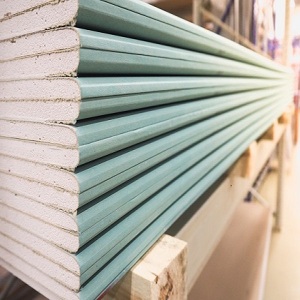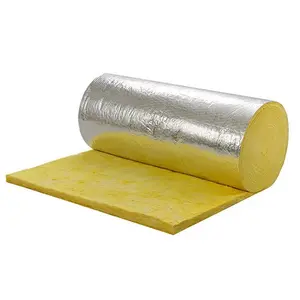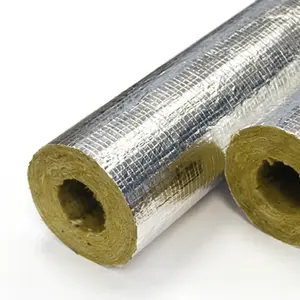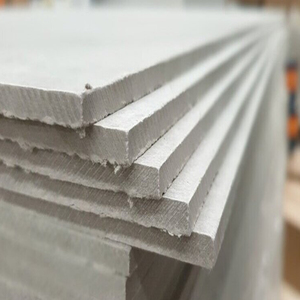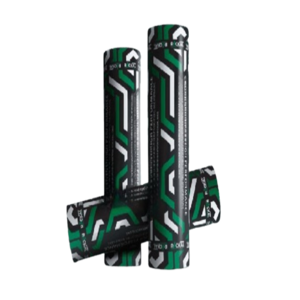Gypsum board, commonly known as drywall, is a lightweight and versatile construction material made of a gypsum core between paper or fiberglass sheets. Its ease of installation makes it ideal for a variety of applications, including interior walls, ceilings, and partitions in residential and commercial buildings. Gypsum board offers excellent soundproofing and fire resistance, enhancing safety and comfort in various spaces. Available in moisture-resistant and mold-resistant varieties, it is suitable for high-humidity areas. Its smooth surface allows for a wide range of finishes, making it an aesthetically flexible and cost-effective choice for any construction project.
Description
What is Gypsum Board?
Gypsum board, commonly known as drywall or plasterboard, is a construction material made of a gypsum core sandwiched between two sheets of thick paper or fiberglass. It is a widely used material in building interiors, providing a smooth and even surface for walls and ceilings. Gypsum board comes in various thicknesses and types, including moisture-resistant and fire-resistant varieties, making it adaptable to different construction needs.
Benefits of Gypsum Board for Construction Projects
- Ease of Installation
Gypsum board is relatively lightweight and easy to handle, making it simple to cut, fit, and install. It can be attached directly to wall studs or ceiling joists using screws or nails. This ease of installation reduces labor time and costs, making it an efficient choice for both new constructions and renovations. - Versatile Applications
Gypsum board is suitable for various applications, including interior walls, ceilings, and partitions. It can be used in residential homes, commercial buildings, and industrial spaces. Additionally, different types of gypsum boards are available for specific uses, such as moisture-resistant boards for bathrooms and fire-rated boards for areas requiring enhanced safety measures. - Soundproofing Properties
Gypsum board has excellent sound attenuation properties, helping to reduce noise transfer between rooms. This makes it ideal for use in offices, hotels, and residential buildings where privacy and sound control are essential. Specialized soundproof gypsum boards can further enhance acoustic performance. - Fire Resistance
One of the key benefits of gypsum board is its inherent fire resistance. The gypsum core contains water molecules, which help to slow the spread of fire, providing valuable time for occupants to evacuate and for firefighters to respond. This property makes gypsum board a popular choice in fire-rated wall assemblies and ceilings. - Cost-Effective Solution
Gypsum board is an economical building material, typically less expensive than alternatives like plaster or masonry. Its quick installation and reduced labor costs contribute to overall project savings. Additionally, gypsum board can help improve energy efficiency by providing insulation properties, potentially lowering heating and cooling costs over time. - Smooth Finish for Aesthetics
Gypsum board provides a smooth, even surface that is ideal for painting, wallpapering, or other decorative finishes. This aesthetic quality allows for versatile design options, making it suitable for modern interiors. It can be easily textured or finished to achieve various looks, enhancing the overall appeal of spaces. - Sustainability
Many gypsum boards are made with environmentally friendly materials, and the production process often incorporates recycled content. Gypsum itself is a naturally occurring mineral, and when properly disposed of, gypsum board can be recycled, contributing to sustainable building practices. - Moisture and Mold Resistance
Certain types of gypsum boards are specially designed to resist moisture and mold growth, making them suitable for high-humidity areas like kitchens and bathrooms. These moisture-resistant boards help to maintain indoor air quality and contribute to healthier living environments.
Applications of Gypsum Board in Construction
Gypsum board is versatile and can be used in a variety of construction projects, including:
- Residential Spaces: Ideal for walls, ceilings, and partitions in homes.
- Commercial Buildings: Used in offices, retail spaces, and educational institutions for creating functional and attractive interiors.
- Industrial Facilities: Provides durable and fire-resistant walls in factories and warehouses.
- Soundproofing: Used in theaters, recording studios, and multi-family housing to enhance acoustic performance.
Why Choose Gypsum Board for Your Project?
Gypsum board offers a range of benefits, including ease of installation, versatility, sound and fire resistance, and cost-effectiveness, making it an excellent choice for various construction needs. Its smooth finish allows for aesthetic flexibility, while its environmentally friendly options contribute to sustainable building practices. Whether you’re working on residential, commercial, or industrial projects, gypsum board provides a reliable and efficient solution that enhances the quality and safety of any space.




